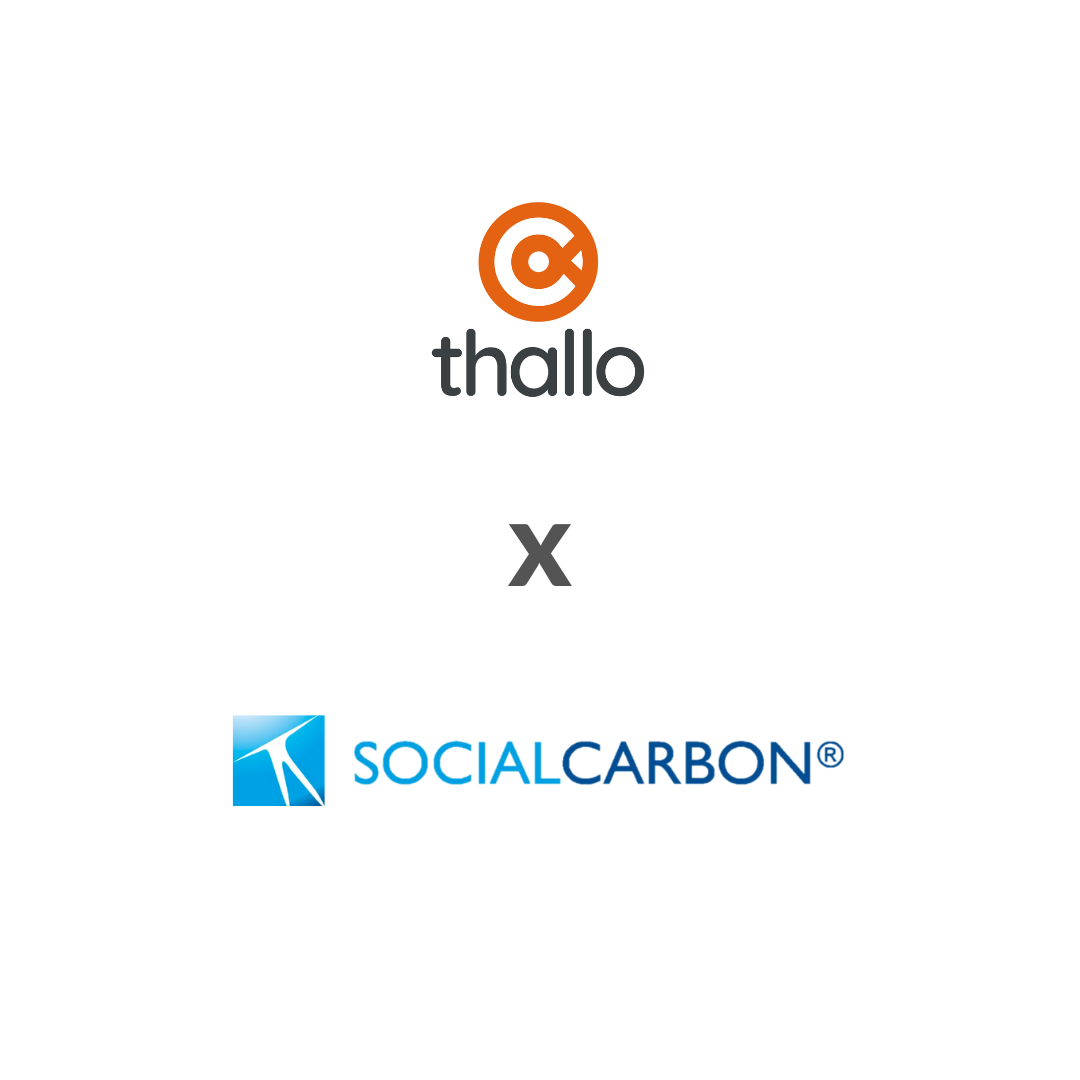New report from Thallo also shows market could lose out on 4.8 GT of credits issued by 2030
London, UK (18 October, 2022) – Today, climate tech start-up Thallo released a report that aggregates carbon project developer input and highlights the challenges to scaling the voluntary carbon market. The report identifies key bottlenecks including verification delays, limited access to early-stage financing, and inefficiencies in the value chain caused by intermediaries. The report also highlights solutions to scaling the VCM, specifically improved financing through forward models.
Key findings from Fast Forward, Challenges to Scaling the Voluntary Carbon Market include:
- Registries and validation & verification bodies (VVBs) are key bottlenecks: verification-related delays could cost project developers up to $2.6 billion and mean 4.8 gigatonnes in undeployed credits by 2030.
- Meanwhile, eliminating unnecessary verification wait times could double the speed of credit issuance.
- Delays also hurt local communities, which often only see co-benefits materialize when carbon credit revenues come in.
- Financing is a barrier: 90% of contributors agree that forward products will be key to scaling the voluntary carbon market (VCM).
- Small to midsize project developers face the greatest financing challenges. The most prevalent financing methods include forward purchase agreements and own funding.
- Intermediaries capture significant value: investors and brokers made up one-third of the average credit price in 2021.
- This means $650 million of the value of the carbon markets went to investors and brokers – not project developers – in 2021.
“With heavy scrutiny on the voluntary carbon markets today, market players have an opportunity to lay the right foundations to massively scale this key climate solution,” said Hayley Moller, Thallo Head of Marketing. “Our report aims to open up a dialogue among market players about how to best solve project developer challenges, lower the financing barrier, and design a forward model that allows the VCM to scale enough to make a difference in the climate crisis. The ultimate goal is for nature to be the bottleneck.”
Thallo’s report suggests a number solutions to the verification bottleneck and highlights there are many opportunities to grasp for registries and VVBs alike: scaling their capacity, working together more closely and integrating feedback, actively working towards a convergence in baseline methodologies across all (including smaller) registries, and adopting new technologies such as dMRV and blockchain. On top of this, the registries have published their intentions to strive towards better training for VVBs, streamlining the work of internal staff and working more closely with accreditation bodies to solve the VVB’s performance issue at the core.
The report also dives into existing carbon credit financing methods. Key insights show that:
- Most often, project developers use some type of forward purchase agreement in combination with their own capital to finance projects.
- Those forward purchase agreements vary greatly: within the interviewed audience, no two forward agreements were the same.
- The experience and size of the project developer are key factors in determining differences in financing needs.
- Financing needs can be traced back to the level of perceived risk of working with a certain type of developer: small and new projects developers encounter significant challenges to secure the capital needed to start their first project, while they are the ones who need it most.
- Depending on which stage projects are in, developers forward sell their credits at a discount. This discount decreases as projects get closer to completion and risk diminishes.
Value-sapping intermediaries are often mentioned as one of the problems in the voluntary carbon market as it exists today. Because buyers and sellers have difficulty finding each other and there is a lack of price transparency, many developers call on brokers and retailers to sell their credits.
In the worst case scenario, expensive investors and high-margin brokers could take as much as 78% of the revenues of the sale of offsets to end-buyers. On average, it is estimated that almost one-third of the revenues generated in 2021 filled the pockets of these intermediaries.
Finally, the report talks about forward models as a way to help scaling the carbon market. These forward models try to standardize and de-risk the forward purchasing of carbon credits as much as possible for both parties, help the seller to secure (early-stage) financing, and help the buyer to hedge their supply of carbon credits for the future. Available and new market solutions are explored in the report, which identifies which products are best suited to scale the market.
Fast Forward explores forward financing by registries, through Projected Carbon Units (Verra) and Planned Emission Reductions (Gold Standard). Traditional exchanges like CBL and ICE are offering futures, but most of the futures they offer have vintages in the past.
Finally, web3 projects such as Ivy Protocol, Carb0n.fi, Solid World DAO, Flowcarbon and Greentrade are developing standardized platforms for forward models. The report compares them in different aspects such as level of commodification, de-risking method, delivery method, and general working principles.
The Fast Forward report includes input from the following organizations: Aider, Bio Carbon Partners, Biofix, Blue Carbon Initiative, Carbon Check, Carb0n.fi, Carbon-Plus Capital, Carbon Tanzania, Climate Focus, ClimeTrek, Ecoregistry, Ecosecurities, Fairatmos, Fix6, For Trees Club, Greenoxx, Greentrade, Inherit Carbon Solutions, Inplanet, International Carbon Registry, Ivy Protocol, Kimmeridge, Kita, Respira International, Ripple, Solid World DAO, Space for Giants, Trend CO2, Udaipur Urja Initiatives, Undo and Verra.
About Thallo
Thallo uses first-of-its-kind blockchain technology to revolutionize and democratize the carbon markets, making it easier for buyers and sellers of high-quality carbon credits to find each other. Its team of veteran blockchain entrepreneurs and climate tech professionals combine technological expertise with deep sustainability knowledge to build the carbon marketplace of the future. Follow Thallo on Twitter and LinkedIn or join our Telegram group for updates. For more information, visit www.thallo.io.







